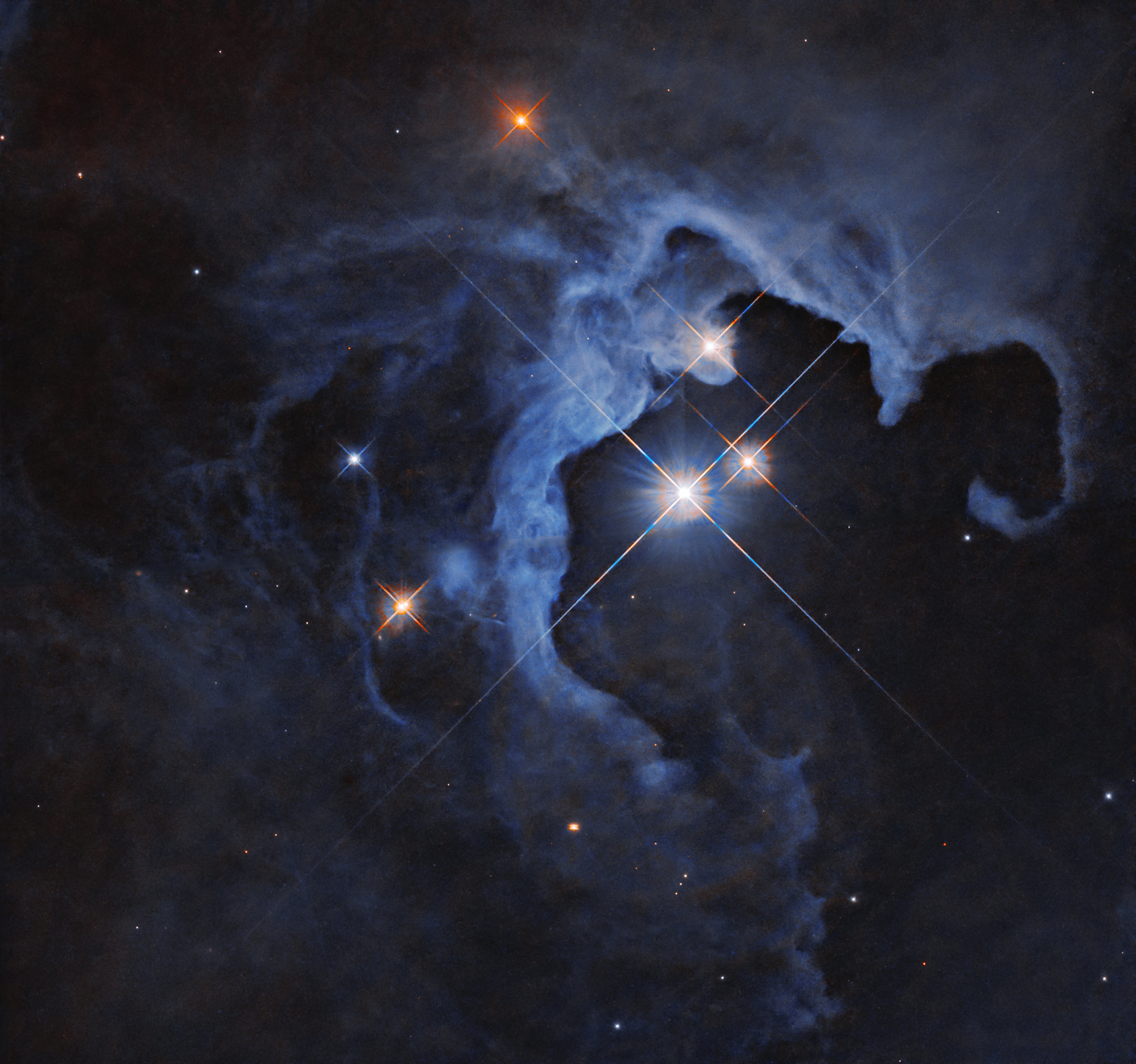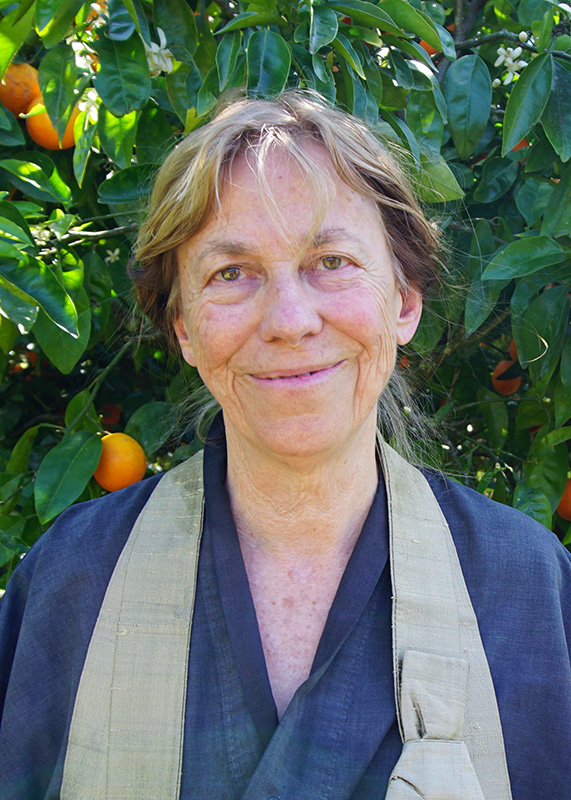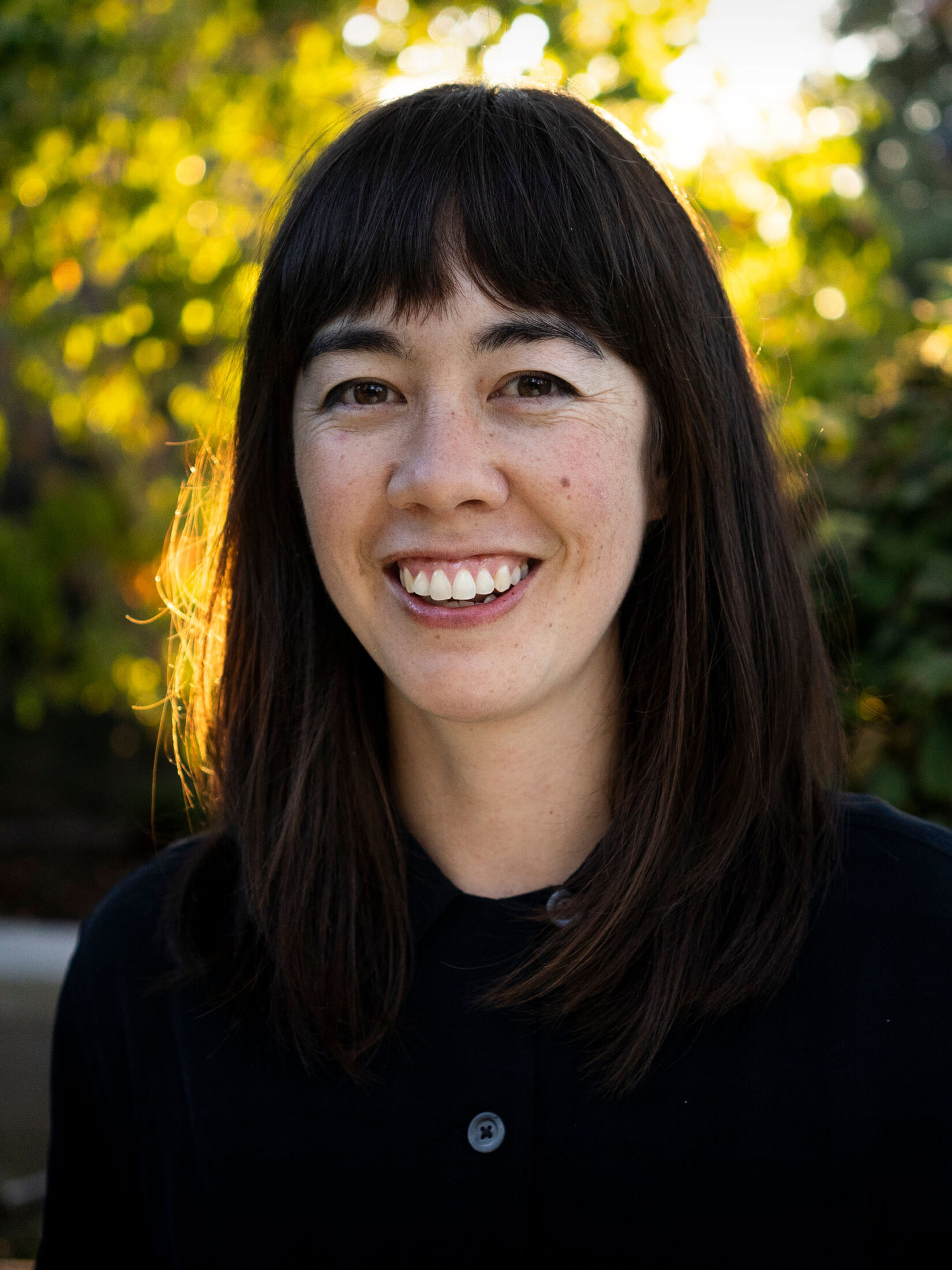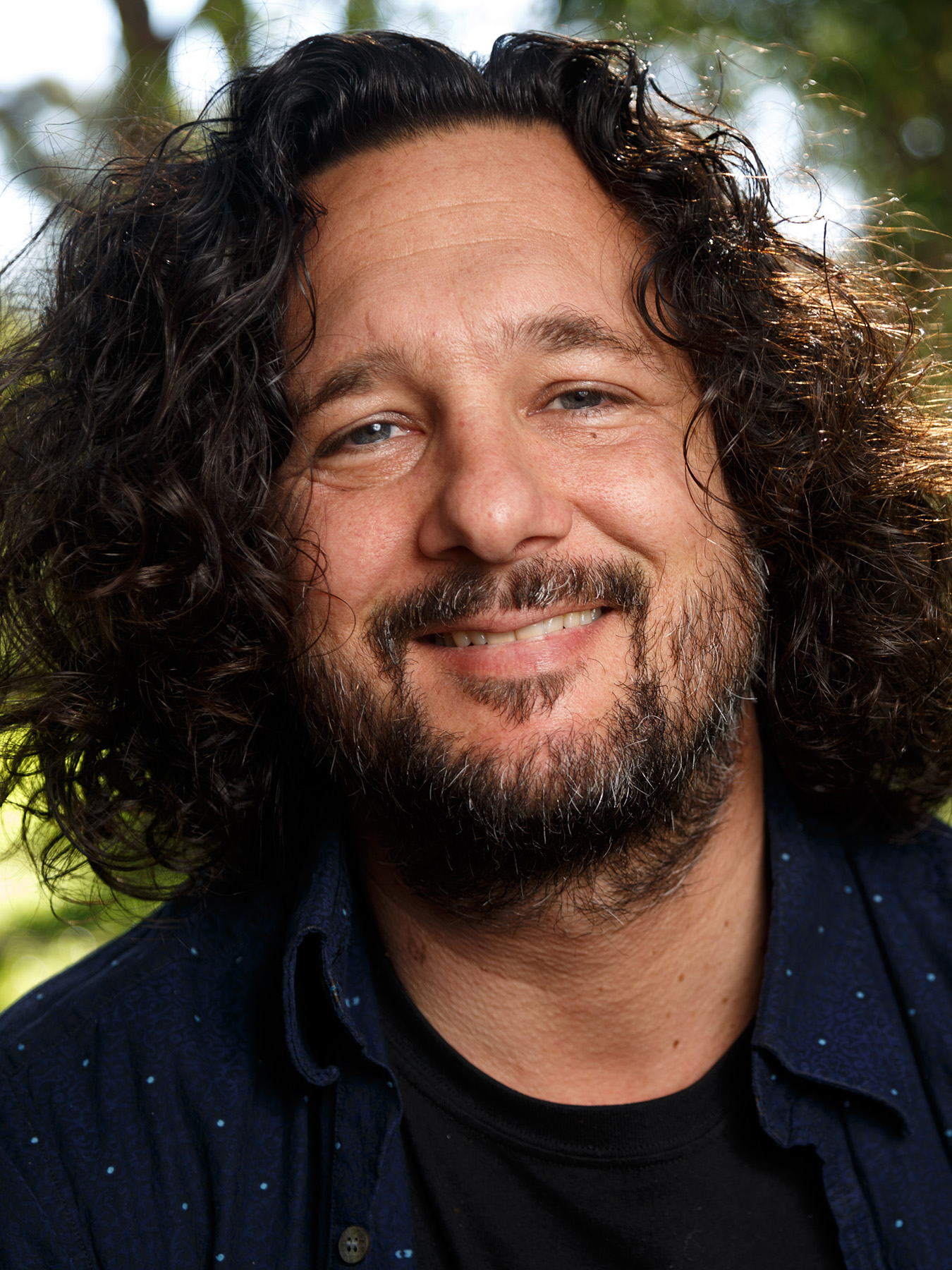
Jane Hirshfield is a poet, essayist, and translator whose poetry collections include Given Sugar, Given Salt, a finalist for the National Book Critics Circle Award; After, which was shortlisted for the T.S. Eliot Prize and named “best book of 2006” by The Washington Post and others; The Beauty, Ledger, and most recently, The Asking. Recognitions include Columbia University’s Translation Center Award, the Poetry Center Book Award, the California Book Award, and the Hall-Kenyon Prize in American Poetry, and fellowships from the Guggenheim and Rockefeller Foundations, the National Endowment for the Arts, and the Academy of American Poets. In 2004, Jane was awarded the 70th Academy Fellowship for distinguished poetic achievement by The Academy of American Poets. And in 2019, she was elected into the American Academy of Arts and Sciences.
“15 years of radio data reveals evidence of space-time murmur”
—NASA Jet Propulsion Laboratory
Perhaps like a new planet,
you were only a state-change.
You didn’t exist, Time, then did, inside all your colors,
inside your vertiginous unfolding no eyes were present to see,
no mind yet there to take in or imagine.
We may try to think of you, Time,
but you, Time, think yourself continually,
without need of imagination, assistance, or witness.
Think also us.
What might have been different,
could we interrupt you?
The pondered diamond
that would have been flawless, priced beyond measure,
turned instead to department store bauble.
Some biologically living world that doesn’t exist.
It could be you were interrupted when thinking of me—
your bus-station beloved,
your four-thousand-week or so stand.
But no. Time cannot be interrupted.
It can only be bent.
Also cannot be kept,
despite that odd locution, time-keeper,
said of wristwatches, nightstand alarm clocks,
referees, prisoners—
You slipped into your spinning nebulae
as if into the Siberian tiger I once found asleep in the San Diego Zoo,
and lay beside, a wall of transparent plastic between us,
while you, Time, ate us both up.
Last year’s rose bush opening this year’s flowers:
one of your definitions.
Another: what keeps everything from happening at once.
I read in a book “thirty earth years,”
and glimpse,
for one earth-instant, your non-earthly Face.
Your prosopopoeia is us.
By which I mean: all—galaxies,
deer flies, protons, matter bright, matter dark,
swarms, flocks, herds, dustings, sneezes,
virga existences gone before reaching ground,
the ultrasound’s shadowy heartbeat,
gone before reaching ground.
One hundred thousand years ago,
one of your shadows began to imagine you back.
Now, those who listen report
a new fingerprint to study the whorls of—
“the space-time equivalent of car horns, jackhammers,
shouts.” The dance club’s floor bouncing.
A vibration felt only in instruments’ low-strung ears.
Senses vulnerable, human, could not bear it.
Senses able to notice you
only at certain amplitudes, particular speeds.
For the rest,
your waves pass through us almost unnoticed.
Almost.
“A rumpling,” one article describes the new discovery.
Morning sheets after a night of love rise to mind.
One lover brushes her long, gray hair
while the other makes coffee,
waits for this instant’s kettle to come to this instant’s boil
by the grant of a minor, peripheral, not-yet-run-down star.
Six billion years or so of earth-mornings remain,
a stray neuron of memory reminds—
enough, for now.
Enough for these lovers to pass their lives in,
to talk about planting next year’s trial-garden roses,
better resistant—though not entirely—to rust, blight, early black spot.

On Time, Mystery, and Kinship
In this conversation, poet Jane Hirshfield locates time as part of the great mystery of the cosmos, embracing its largeness and unknowableness from a place of humility. Reciting several of her poems, she shares how an inner spaciousness can draw us towards being in service to the Earth.





